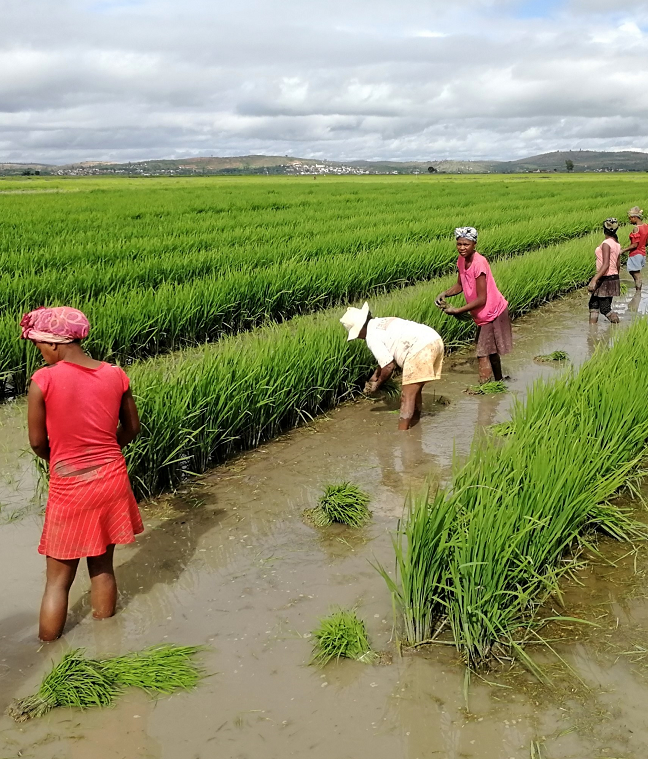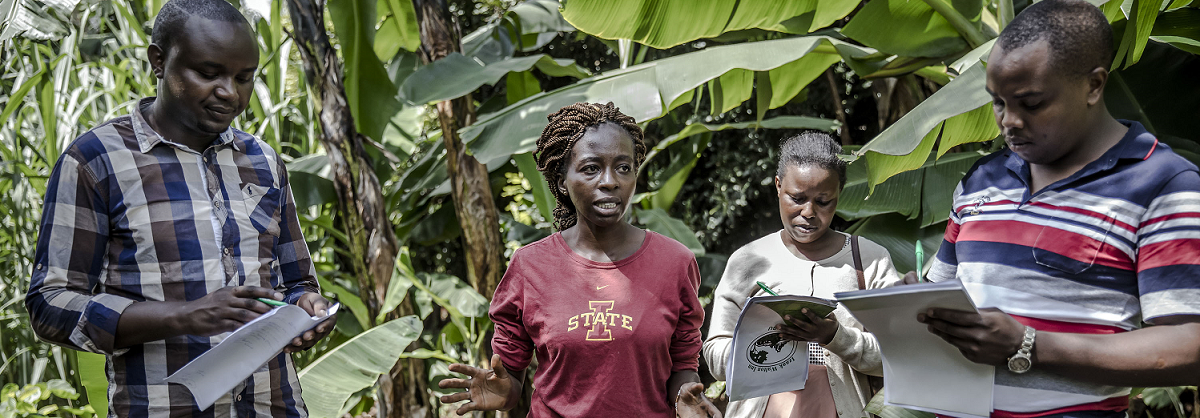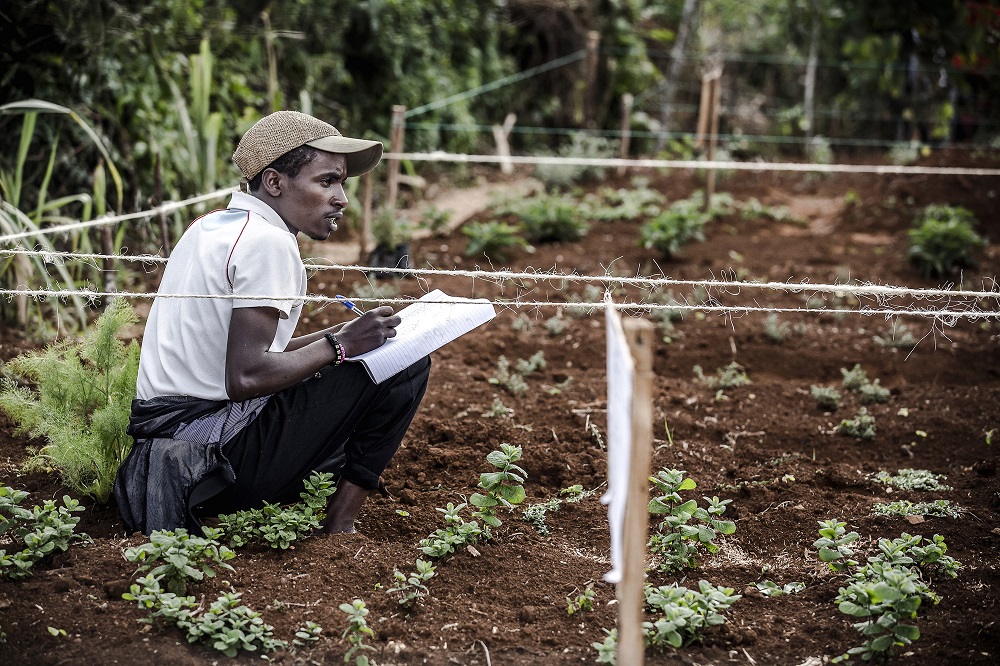The project
The Global Strategy to Improve Agricultural and Rural Statistics (GSARS or the Global Strategy) is a long-term coordinated initiative to address the decline in the agricultural statistical systems in developing countries and enable the production of more and better agricultural statistics.
Developed in 2009 and designed as a 15-year process to be implemented in several phases, the initiative was endorsed by the United Nations Statistical Commission (UNSC) during its 41st session in 2010. The Global Strategy was designed to provide a “framework for national and international statistical systems enabling developing countries to produce, and to apply, the basic data and information needed in the 21st Century”.
The first phase (2012-2018) of the Global Strategy, was a ground-breaking effort to strengthen agricultural and rural statistics.
The second phase of the project, endorsed in 2018 and started in 2021 will continue the development achieved during the first phase, with the aim to strengthen the statistical capacities of countries through the provision of training and technical assistance.
The second phase of the Global Strategy is focusing on strengthening the overall capacity of countries to implement complex integrated agricultural surveys in the future and is complementing data collection efforts that already exist in the African countries. By doing so, GSARS facilitates the implementation the 50x2030 Initiative to close the agricultural data gap in countries eligible to the initiative.
Phase 1
The first phase (2012-2018) of the GSARS had a significant impact on the agricultural statistical systems of many developing countries and demonstrated its ability to respond to the needs of the evolving international and regional agendas. Focusing in two regions, Africa and Asia and the Pacific, the Global Strategy was implemented by FAO, the United Nations Economic Commissions for Africa (UNECA), Asian Development Bank (ADB) and the African Development Bank (AfDB) around three components: Methodological Research, Technical Assistance and Training.
Significant results have been achieved during the first phase:
- 50 methodologies, guidelines and corresponding training material have been produced, and endorsed and disseminated by FAO as official international statistical methods;
- Strategic Plans for Agricultural and Rural Statistics (SPARS) have been prepared in almost 40 countries and tangible progress has been made in terms of governance and coordination of statistical systems at country level;
- Concrete progress has been made in countries’ overall capacity through the various training programmes provided.

Governance
At global level, the programme is coordinated by the Global Office, hosted by the FAO Statistics Division. Its main role is to provide overall strategic directions for the implementation of the programme at regional and country level.
The main governing body of the Global Strategy is the Global Steering Committee (GSC) including country representatives, representatives of other stakeholders (representatives of international and regional organizations, resource partners and key users) and FAO. The GSC provides strategic guidance and oversight for the execution of the project.


